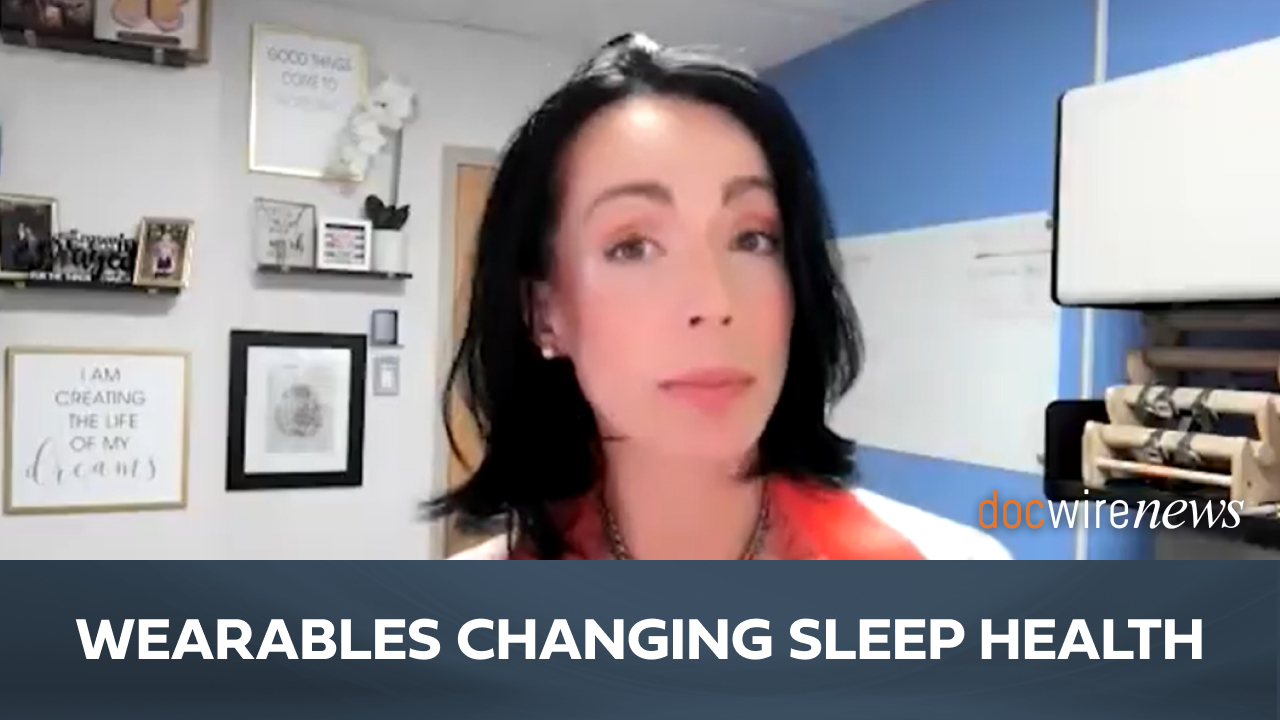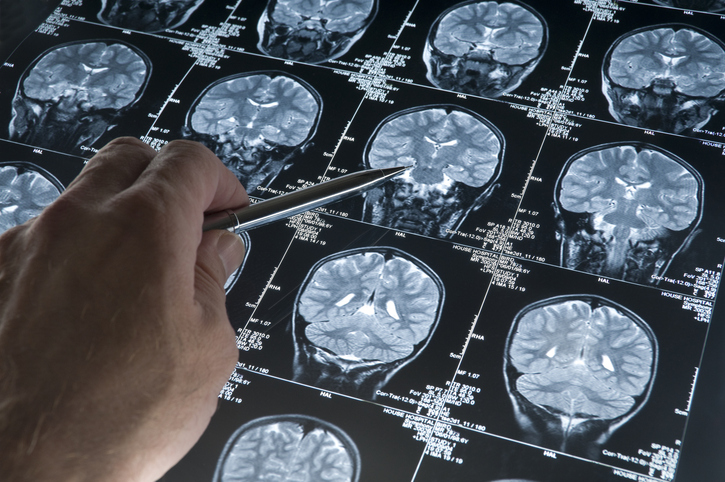
Neurology
Advertisement
Ambroxol was safe in Parkinson disease dementia but showed no cognitive benefit, study finds.
Stopping antidepressants causes mild, short-term symptoms like dizziness but no early increase in depression.
Ambroxol was safe in Parkinson’s dementia but showed no clear cognitive benefit.
Sleep tourism is booming—but real sleep health needs more than a vacation, says Dr. Anne Marie Morse.
Nutritional epigenetics may help prevent autism and ADHD via maternal diet changes.
Excess brain iron in Down syndrome linked to oxidative damage and early-onset Alzheimer’s, new study finds.
Psychedelics may ease depression and PTSD by reducing brain inflammation and restoring vascular and immune balance.
A parent-focused therapy improved asthma control and ADHD symptoms in kids—while helping caregivers cope.
AI is transforming sleep medicine, boosting access, streamlining care, and empowering clinicians—not replacing them.
A father's mental health may have a more immediate impact on childhood development than previously believed.
Wearable sleep tech offers insights—but are we chasing data over real rest? Dr. Anne Marie Morse weighs in.
α-synuclein PET tracers may transform Parkinson’s diagnosis, tracking, and trials, says Merck’s Robert Drolet, PhD.
Children who received a greater degree of maternal warmth at 3 years had greater perceived social safety at adolescence.
Epilepsy and seizure drug use were significantly more common in patients with FTD vs those with Alzheimer’s.
There are both positives and negatives associated with either testing method.
The researchers focused on white matter microstructures in the relationship between REM-OSA and cognition decline.
Most patients switching from modafinils to solriamfetol preferred it, citing better effects; others reverted due to side effe
The drug was well-tolerated and adverse reactions were minimal to moderate in severity.
The researchers considered age, sex, and race/ethnicity to determine differing pathophysiologies.
The new blood test is less invasive and more accessible to patients.
Advertisement






















 © 2025 Mashup Media, LLC, a Formedics Property. All Rights Reserved.
© 2025 Mashup Media, LLC, a Formedics Property. All Rights Reserved.